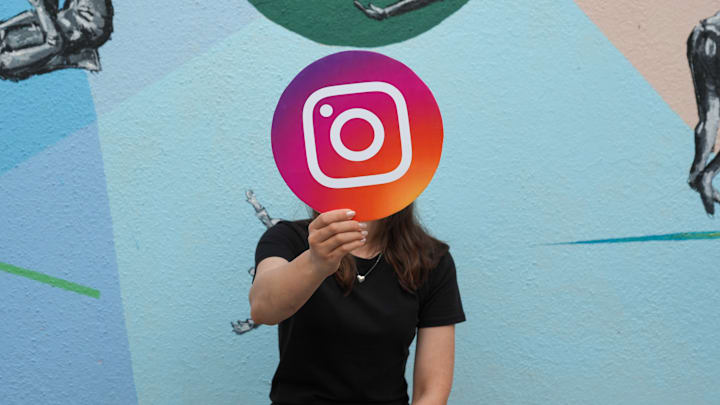Anyone can succeed online, unless you're not pretty enough. Anyone can find an online community, create content fueled by passion and knowledge and skill. Anyone can "make it." You just have to be beautiful enough for both algorithms and people to take you seriously.
I learned this lesson the hard way when I first started out as a content creator in the late 2000s. When you picture someone you find beautiful, I am not it. I do not possess the physical features that most people -- consciously or not -- consider "pretty." In fact, I check so few of those boxes that strangers on the internet still leave comments about it regularly. I keep those comments up, of course. You chose to post it. That was a choice you made.
These days, most of my content creation is faceless. Photos of books and food, and audio-only podcasting. Most of my published articles are associated with the same author photo -- one strangers love to analyze and criticize. Because, again. I am conventionally unattractive.
But that's not the way I always dreamed my online content evolution would go. I started out making videos. I loved making videos. I still do. Historically, videos featuring people's faces perform better, plus I feel quite comfortable on camera. But I've mostly given up on my dreams of hosting CrashCourse episodes and turning my audio-only podcast into a simultaneous YouTube show. And it's not because I'm scared to do it, or don't have what it takes to succeed.
In all honesty, it's exhausting to see a constant flow of comments about my appearance. I long ago accepted that most people will never consider me "beautiful." But endless commentary is bad for anyone's mental health. I'm tired of seeing it. I want to be able to engage with my audiences about relevant topics, but at this point, apparently, the way I look is so distracting that it takes away from the substance of the content itself. It's all reduced to "why do you look like that" and "what's wrong with your face" and ... I could go on.
You might be tempted to tell me to "just ignore the haters" and make the content I want to make anyway. But that's dismissing the underlying problem completely. I can ignore criticisms, I could even go so far as to delete comments or block anyone who persists. But that would be time and energy spent on everything BUT making the content I want to make.
So I don't. And maybe that's OK. I can find new dreams. I can pursue other goals. I am good at other things. I don't like hiding behind a screen all day, and I wish I didn't have to. But if no one else is going to protect you from online harm -- not your friends or followers, not social media companies, not the algorithms -- you have to make the decision to protect yourself.
Find that faceless thing you're good at. There are plenty of social media accounts and online content types that don't require showing your face. Make the things that matter. Make them count. In the end, the people who find and love what you're making won't care what you look like, and never have to know.
Doing what's best for you is the only way to survive modern content creation. We must do our best with the energy we have left.
